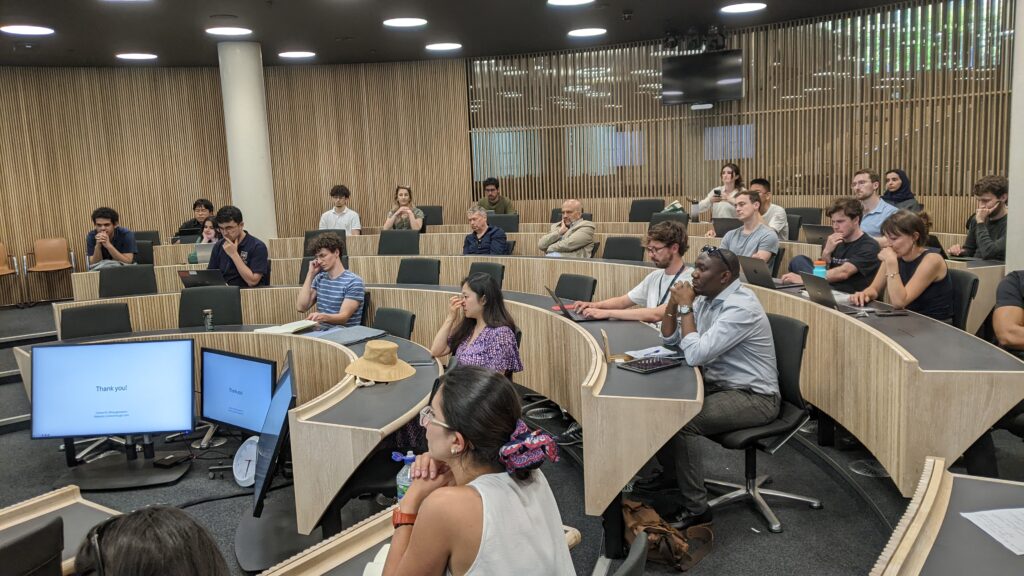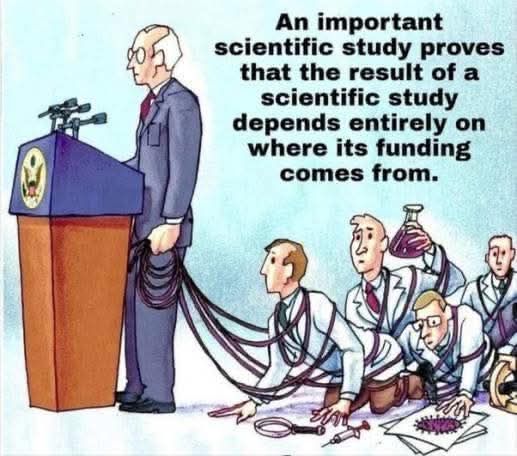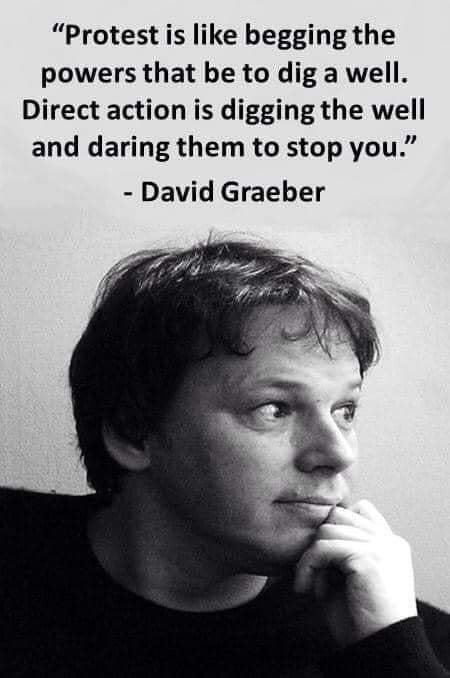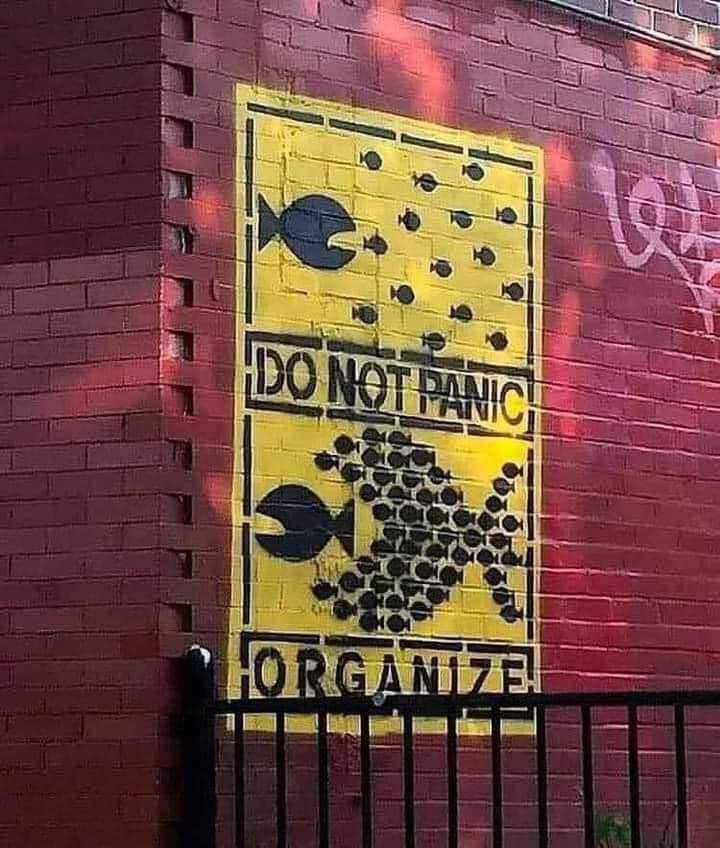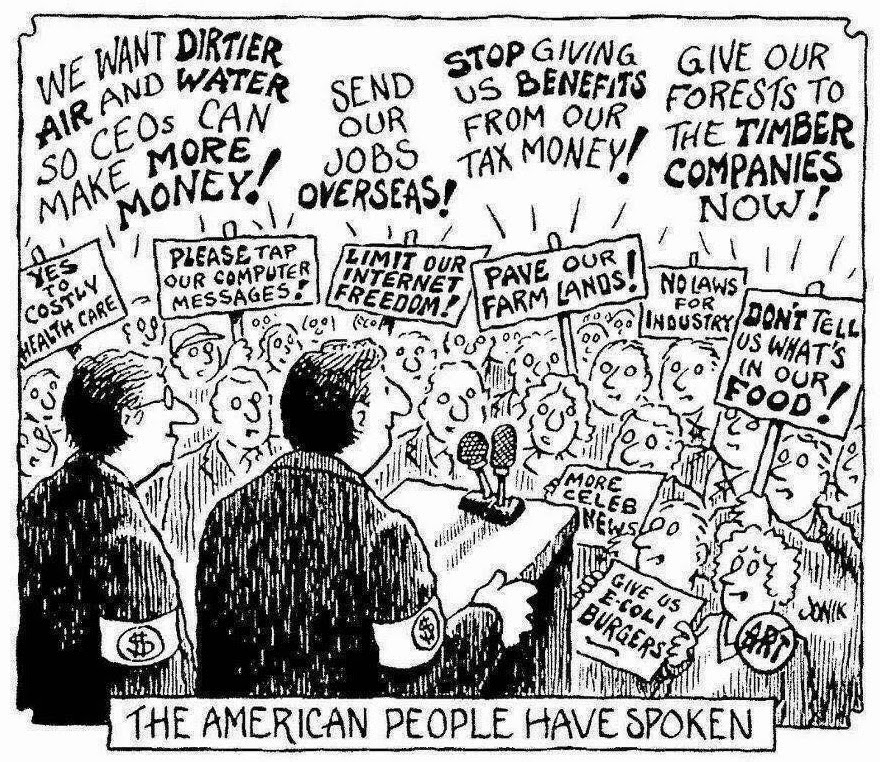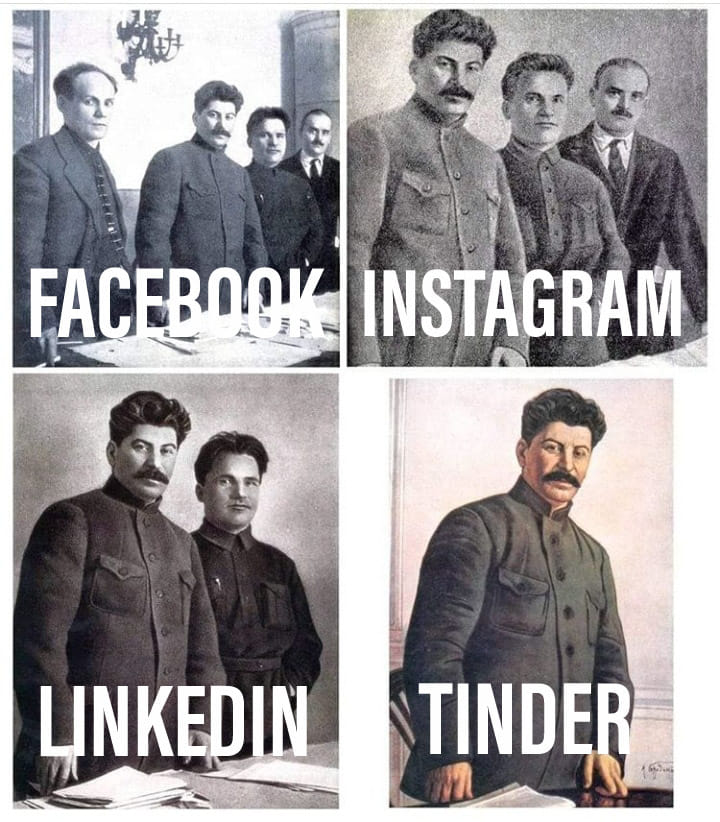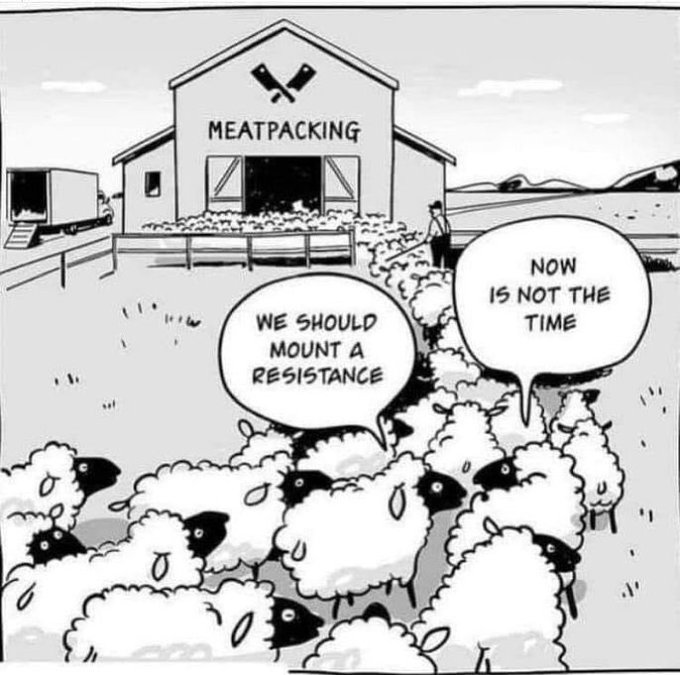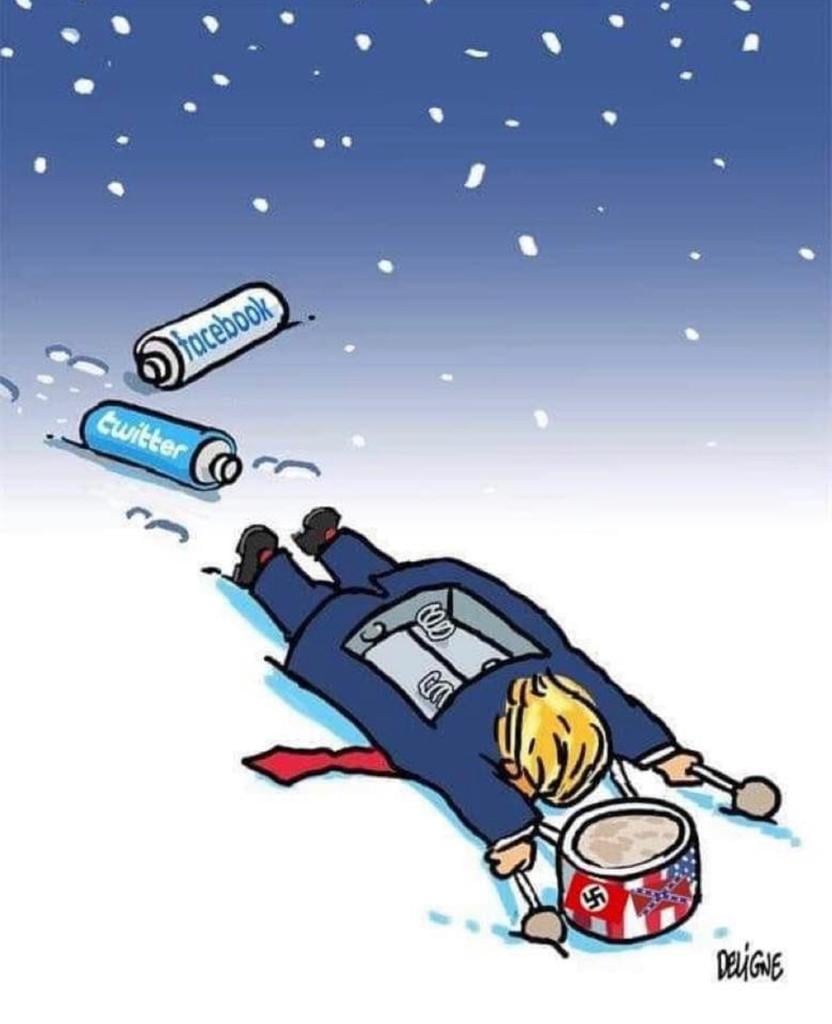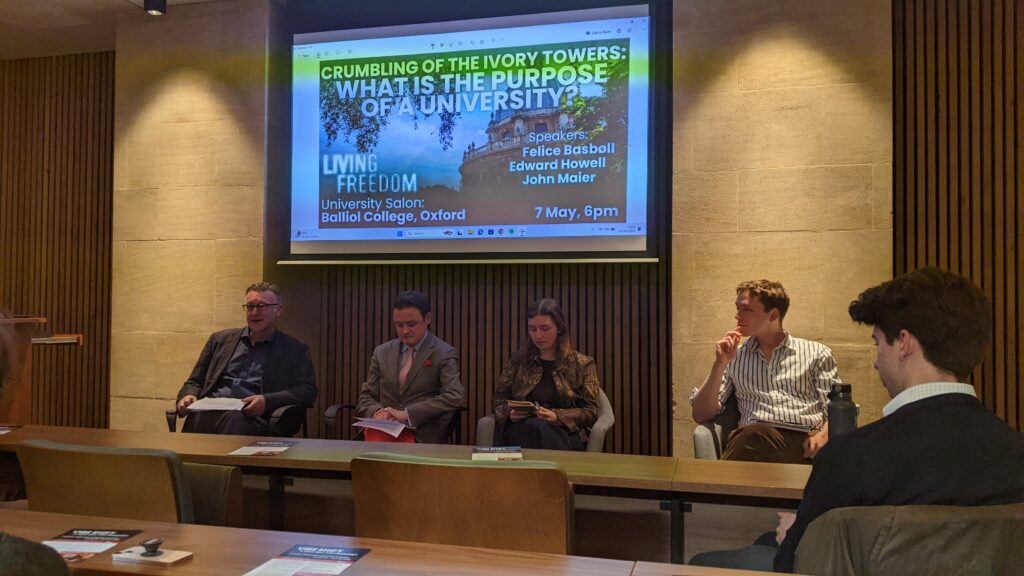The #4opens makes many people uncomfortable. Why? Because it cuts through the bullshit. Think about it: #FOSS already runs most of the world’s information flows. Servers, networks, phones, clouds – all built on open code, open standards, open processes. The world already depends on openness.
Yet, when we bring this into activism, NGOs, or “progressive” tech, people recoil. They prefer managed openness – consultations, workshops, endless talk – while the real decisions stay hidden, careers protected, power intact, but that’s not open, that’s control.
The #4opens is seen as dangerous because it removes the masks:
Open Data: no hoarding.
Open Code: no black boxes.
Open Standards: no silos.
Open Process: no backrooms.
When you have this second look, it’s common sense, but for meany it kills the comfort of #mainstreaming, when the soft power of gatekeepers shrivels under sunlight, that’s why they hate it.
We already live in a world powered by #FOSS. The only question is whether we keep pretending otherwise, or compost the mess and take openness seriously. Why does this matter? On the wider picture, we’re past the point where the #mainstreaming paths have effectively given up on mediating #climatechaos and social break down.
What we’re seeing now is ONLY the performance of action – flashy, expensive, technocratic distraction to keep business-as-usual afloat a little longer. It’s not any longer about preventing catastrophe, or even mediating catastrophe. What we have now is managed #PR and keeping in place elitist continuity as the small #nastyfew and their sycophants visibly retreat from the growing mess.
Solutions? Take this example: https://heimildin.is/grein/24581/climeworks-capture-fails-to-cover-its-own-emissions/ #Climeworks, a flagship carbon-capture initiative, is so inefficient it fails to offsetting its own emissions. This is the #techshit path the #mainstreaming are backing to get us through the next few centuries? This is beyond a mess, it’s ideological collapse. These fake solutions are the logical outcome of continuing with #neoliberal ideology, where systemic change and thus challenge is avoided at all costs, and techno-fixes are sold to us by #PR as silver bullets, the #deathcult in action, profit-driven stalling wrapped in light green branding.
Let’s be clear on this: Carbon capture is currently not scalable, not ethical, and not even functional. It is not a climate solution – what it is, is a delay tactic, an obscuring hedge for polluting industries. It’s backed by the same #nastyfew class of institutions that told us markets would fix inequality, that endless growth was compatible with ecology, that privatization would bring prosperity. The truth is simple, they, the #nastyfew we keep putting into power, have no plan. They are playing at engineering the social and ecological collapse while, at this final stage, simply pretending to be managing it.

So what do we do? We #KISS hard stop trusting in any elitist-managed futures. We collectively refuse to be spectators in the mess of the #mainstreaming paths. Instead, we compost these lies and build #4opens, rooted, local, horizontal networks of resistance and renewal. Projects like the #OMN (Open Media Network) don’t pretend to “solve” everything, but they create space for people to act together, share knowledge, mediate and hold power to account, and thus build trust for action outside the collapsing verticals.
This isn’t about hope in the abstract, it’s about practical solidarity in the spreading ruins. No one is coming to save us, but maybe we can still save each other. Let’s build the seeds of the next world, before this one burns everything down around us.
The #4opens framework is best understood not as ideology or branding, but as a simple set of engineering heuristics for evaluating whether a project will remain usable, forkable, and resilient over time.
Most long-lived #FOSS projects already follow some version of these practices implicitly. The value of #4opens is making those assumptions explicit, so people can quickly understand how a project works, who controls it, and whether it will survive beyond its original maintainers or funding cycle.
In practical terms, the #4opens ask a few straightforward questions:
- Is the development process visible and reviewable?
- Are data formats and interfaces documented and reusable?
- Can someone else run this independently without permission?
- Are governance and decision-making transparent enough that forks remain viable if needed?
These aren’t abstract political goals, they’re lessons learned from decades of broken platforms, abandoned repositories, and “open” projects that centralised control.
For developers and sysadmins, applying the #4opens as a lightweight checklist helps reduce risk:
- Less lock-in to fragile ecosystems.
- Easier collaboration across projects.
- Better long-term maintainability.
- Clearer expectations for contributors and downstream users.
A shared registry or index based on these criteria functions much like early open source directories or package repositories – not as gatekeeping, but as a map. Projects could self-declare alignment and provide verifiable signals about openness, interoperability, and governance structure.
The goal isn’t purity tests or badges for their own sake. It’s about improving signal-to-noise so builders can quickly identify tools that are likely to remain open, portable, and maintainable.
In a landscape where systems drift toward centralisation and corporate capture, the #4opens simply provide a shorthand for practices that help keep the commons viable, without requiring anyone to agree on ideology.
